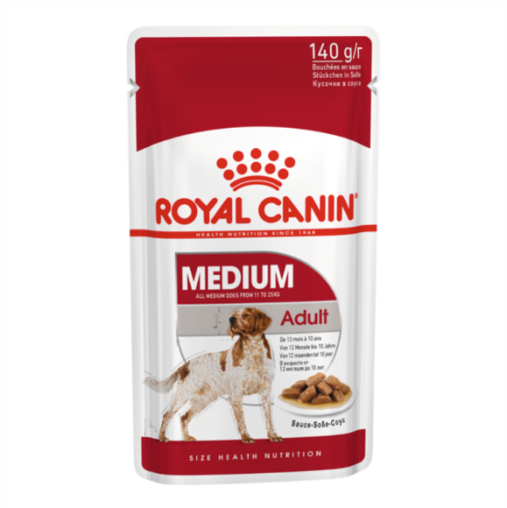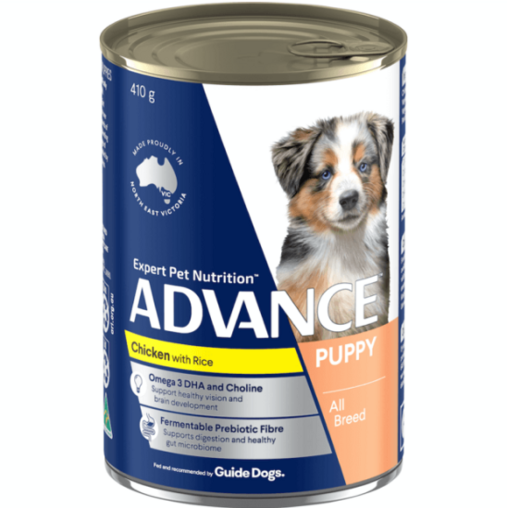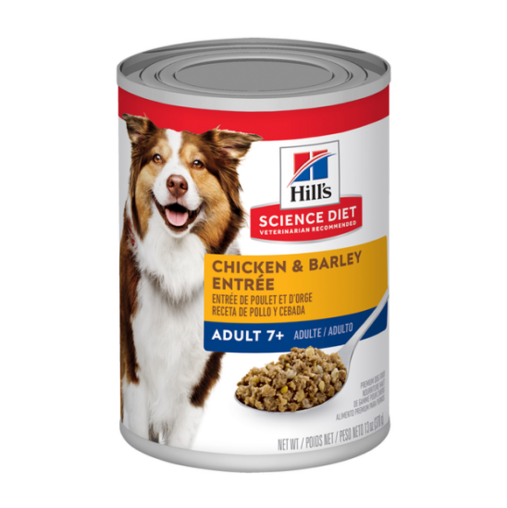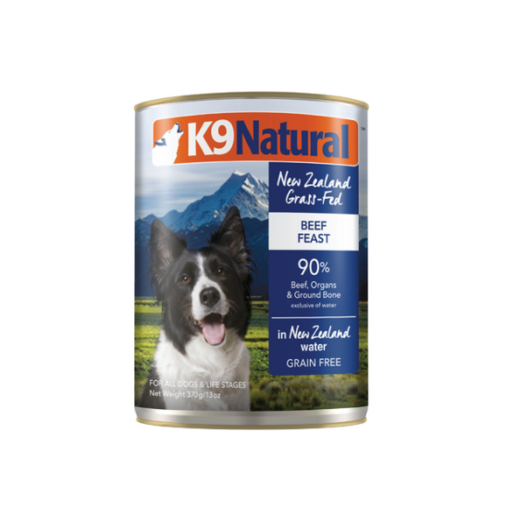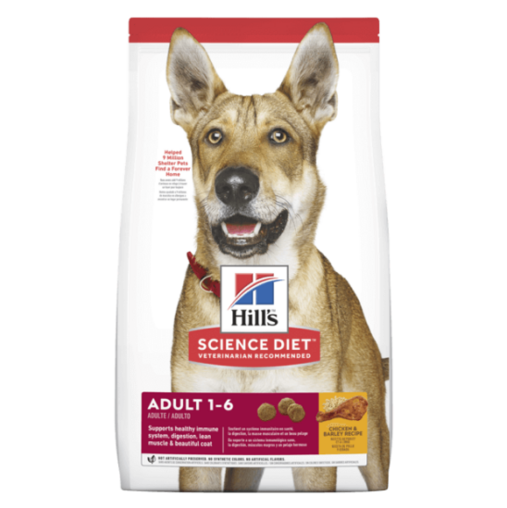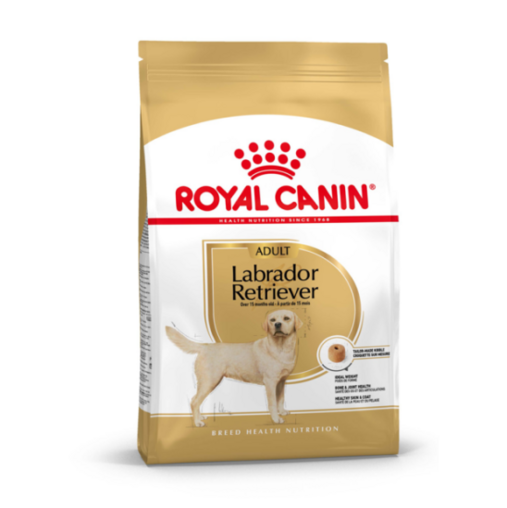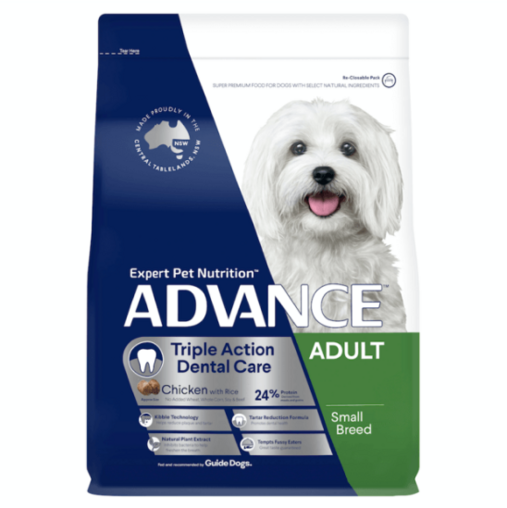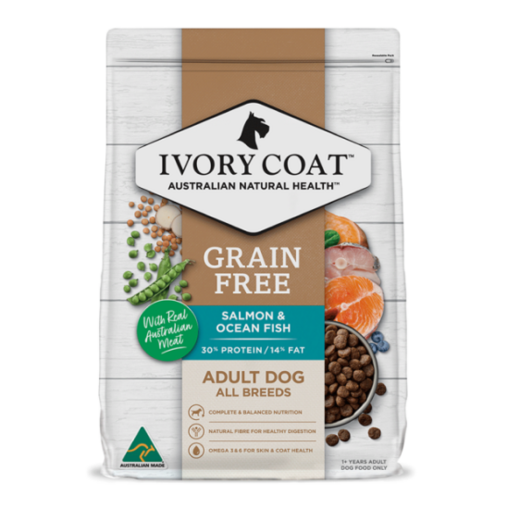When choosing your pet's food, it is important to consider the quality you're buying. Cheaper products will contain a higher portion of lower quality ingredients which contain little nutritional value. Cheap, supermarket diets are basically the fast food equivalent for your pet and you may notice issues such as a dull, lacklustre coat, and large, bulky, smelly stools.
Dogs fed on a diet with low nutritional value may also develop habits such as eating faeces or strange items such as rocks, soil or grass, as their diet isn't providing sufficient quantities of vital minerals and nutrients. Behavioural concerns like aggression or anxiety may even ensue, if their bodies are starved of proper nutrition for long periods.
Many budget products are not specific when listing their ingredients, often including an "and/or" between meat proteins and cereals. If an ingredient is written as beef and/or poultry and/or lamb, this means the manufacturer can use any combination of those ingredients. This is a common loophole used by cheaper brands as it gives the manufacturer greater flexibility with the formula of the food. Depending on supply and demand costs, the formula can change per batch. This can create issues for your dog - sudden changes to their diet can cause digestive upsets such as bloating, vomiting, diarrhoea, flatulence and constipation. Plus, if your pet has a sensitivity to one particular protein, there is the potential for a reaction if the recipe changes. In contrast, premium foods are designed to be highly digestible (which means smaller, firmer stools) and do not change ingredients batch to batch like grocery type brands, which means less tummy upsets. They also tend to contain higher levels of added beneficial nutrients, such as omega fatty acids for joint and skin health, and are backed by testing to ensure they deliver the results they promise. Read more about how to judge a good pet food.












